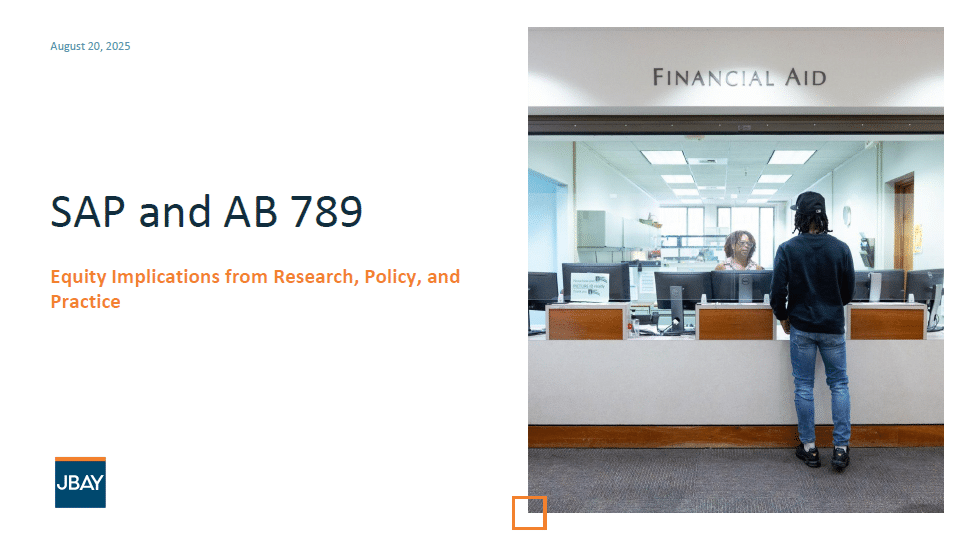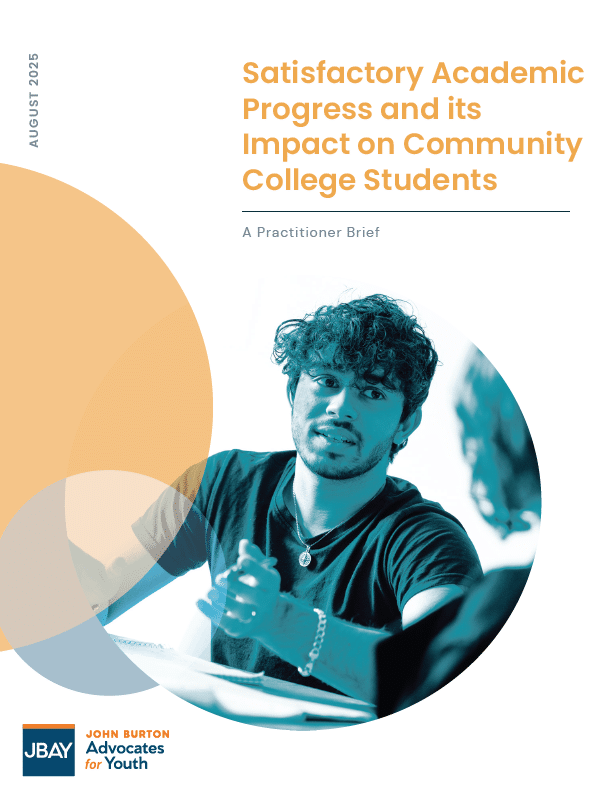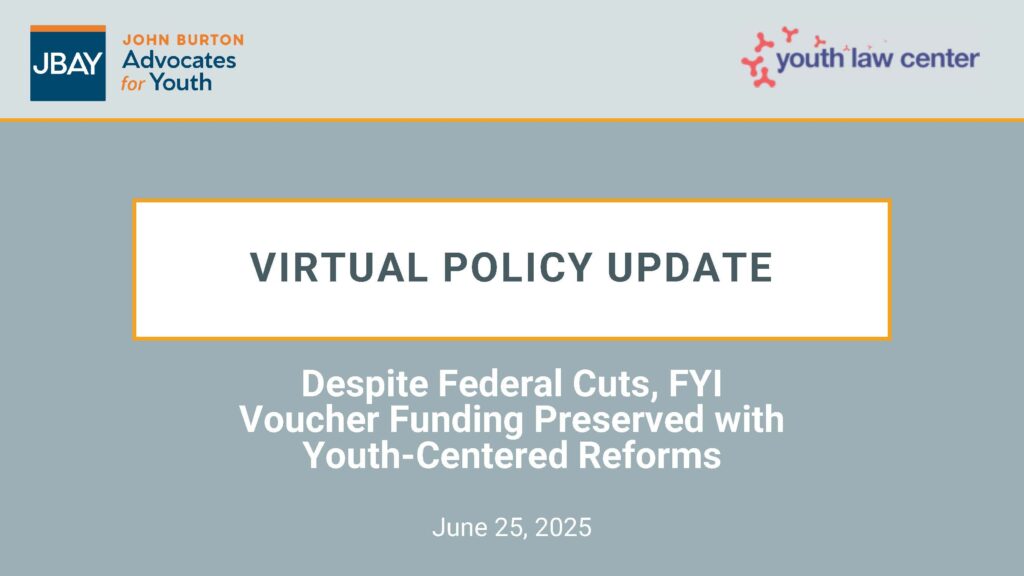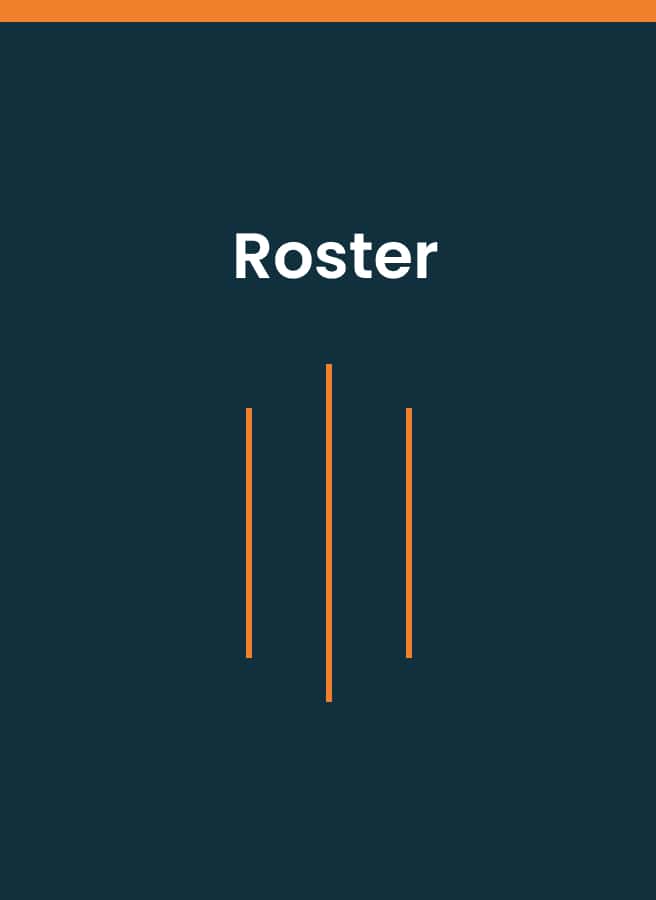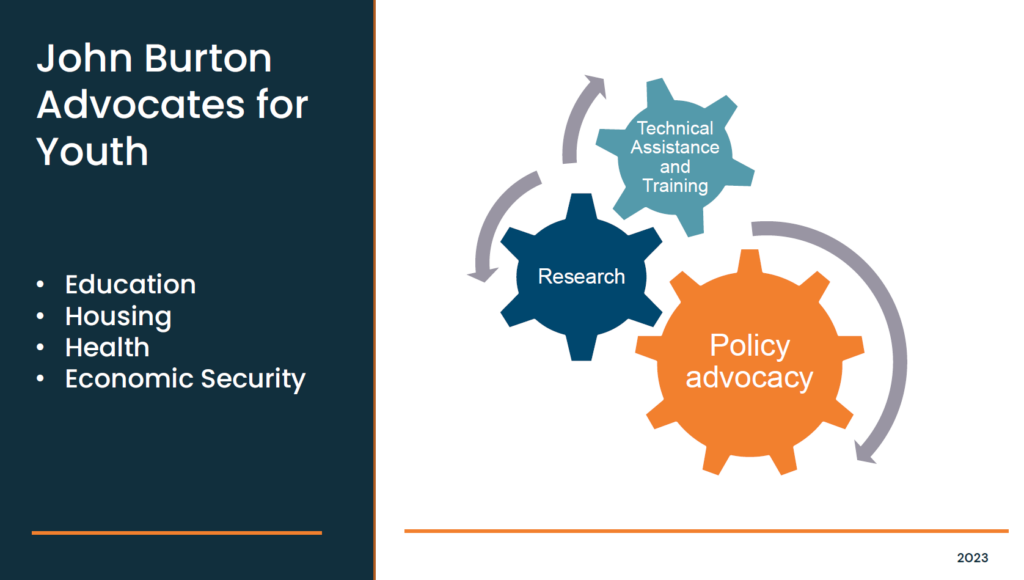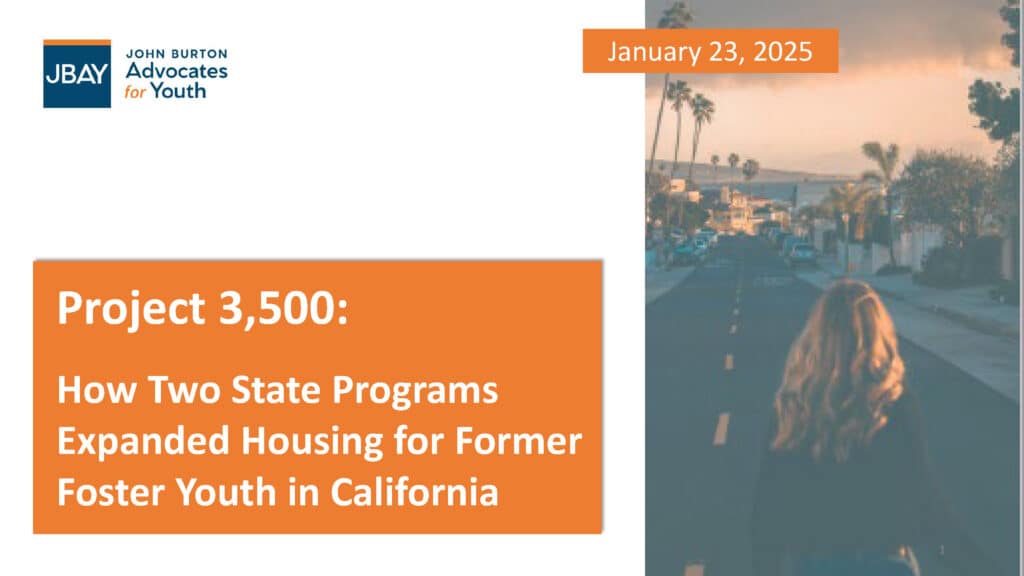This practitioner brief, published in August 2025 by John Burton Advocates for Youth (JBAY), examines the impact of Satisfactory Academic Progress (SAP) policies on community college students, particularly low-income, students of color, and foster youth. SAP standards, which require students to maintain a minimum 2.0 GPA and complete courses on time to retain financial aid, often act as hidden barriers to student success. The report highlights disparities in SAP compliance, with students of color, foster youth, and academically disadvantaged groups facing the steepest challenges. It also explores the outcomes of Pell Grant, Cal Grant B, and California College Promise Grant (CCPG) recipients, emphasizing the need for equity-focused interventions to prevent aid loss and improve graduation rates. The brief underscores the importance of early support, culturally responsive advising, and flexible financial aid policies to address systemic inequities.



